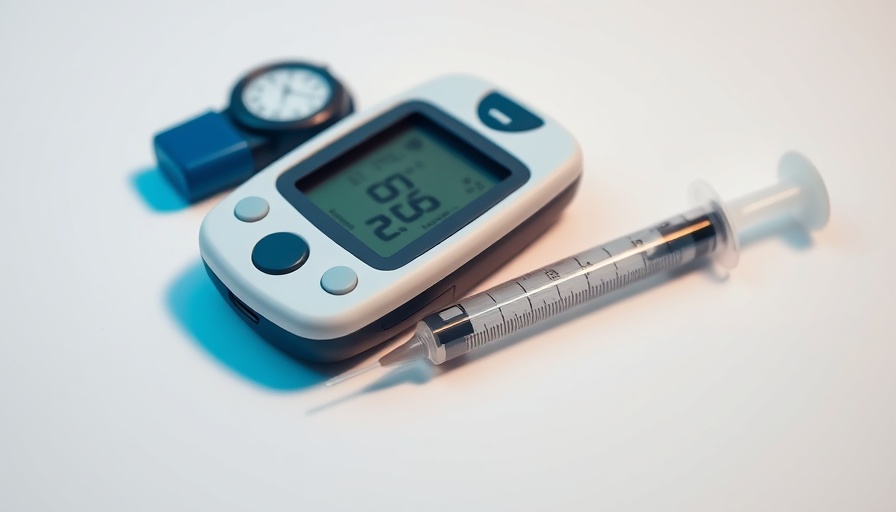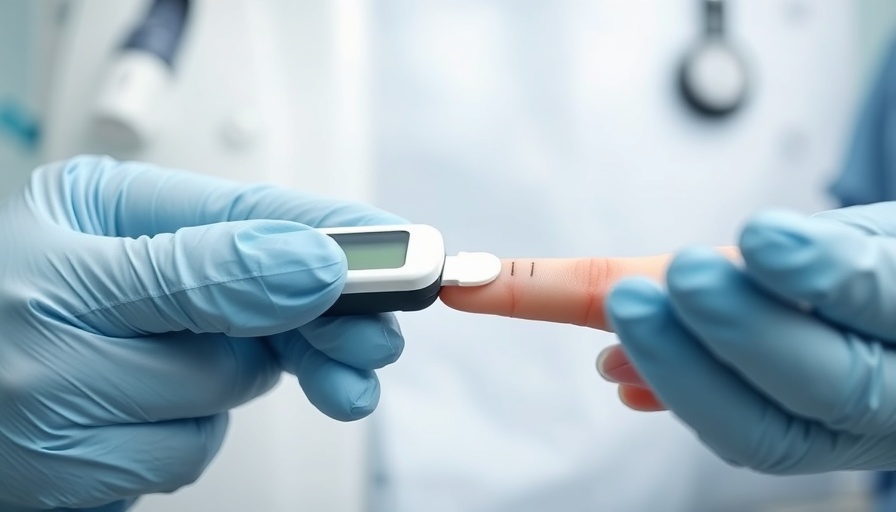
Understanding Diabetes: A Widespread Health Concern
Diabetes is a serious metabolic disorder impacting millions worldwide. Characterized by high blood sugar levels, this condition often requires effective management to prevent severe complications. According to the International Diabetes Federation, approximately 537 million adults are living with diabetes, a number projected to grow significantly. Yet many individuals remain unaware of its subtler symptoms and risk factors. This article serves as a practical guide to recognize the signs of diabetes.
Recognizing the Symptoms of Diabetes
Being vigilant about the symptoms of diabetes is crucial for early diagnosis and treatment. Some common indicators include:
- Frequent Urination and Persistent Thirst: If you find yourself needing to urinate more often than usual, especially at night, paired with an unquenchable thirst, it could point to diabetes.
- Sudden Increase in Hunger: Experiencing hunger pangs that feel unmanageable, especially following meals, may be another sign of an underlying issue.
- Persistent Fatigue and Irritability: If you’re constantly tired, even with adequate rest, and find yourself becoming irritable, it could mean that your blood sugar levels are elevated.
- Blurred Vision: An inability to see clearly or focus can be a result of diabetes affecting the eyes.
- Slow Healing Wounds: Watch for cuts and infections that don't seem to heal as usual, as this can signify problems with blood sugar management.
- Unexplained Weight Loss: Unusual weight reduction, despite normal eating habits, can relate to diabetes, especially in the case of Type 1.
- Tingling Sensations: Experiencing numbness or tingling in your extremities may suggest complications such as diabetic neuropathy, emphasizing the importance of addressing symptoms promptly.
Family history plays a significant role in your risk of developing diabetes. If relatives have diabetes, consider getting regular check-ups and routine glucose tests to monitor your health.
The Importance of Routine Health Check-ups
Regular health screenings greatly enhance the chances of early detection. Routine check-ups that include fasting blood sugar tests or A1C tests are vital for anyone at risk of diabetes. These evaluations can lead to early interventions, potentially preventing severe conditions such as heart disease or kidney failure.
Nutrition and Lifestyle Changes: A Path to Management
Making conscious choices about what you eat and how you live can help maintain healthy blood sugar levels. Incorporating intermittent fasting or a keto diet may be beneficial strategies for some individuals. Both approaches focus on reducing carbohydrate intake and stabilizing blood sugar levels. However, consulting a healthcare provider before making drastic dietary changes is advisable.
Common Misconceptions About Diabetes
There are many myths surrounding diabetes; one misconception is that the disease only affects overweight individuals. In reality, people of all body types can develop diabetes, particularly if they have risk factors such as genetics or sedentary lifestyles. Emphasizing wellness and regular physical activity can help mitigate these risks.
Conclusion: Taking Charge of Your Health
Taking proactive measures is crucial when it comes to managing your health. If you experience persistent symptoms or have risk factors for diabetes, consult a healthcare professional as soon as possible. Recognizing the signs early can lead not only to effective management but also to an informed lifestyle that prioritizes your well-being. Start your journey toward a healthier you today!
 Add Row
Add Row  Add
Add 



 Add Row
Add Row  Add
Add 


Write A Comment